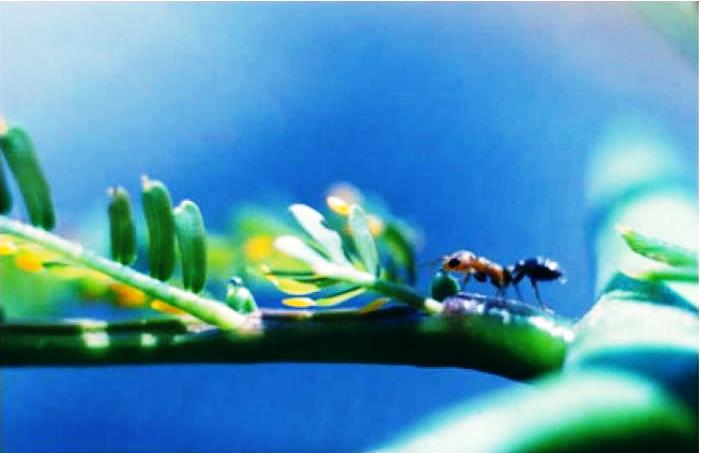Three types of pathogen behaviour have been recognized in the development of plant-disease epidemics: monocyclic, in which there is only one pathogen generation each cropping season; polycyclic, when there is more than one generation each cropping season; and polyetic in which the pathogen is monocyclic but the incidence of diseased plants increases over several seasons. Epidemics may originate from discrete areas, often as a result of planting infected seed. Such areas are termed foci and give distinct patches of disease as opposed to the more
general infection which may originate from a spore shower. Fitting disease progress curves to epidemiological data has emphasized the importance of the capacity of the pathogen to multiply and spread to other plants. Inoculum may arise from many different sources, the most important generally being host material, either living or dead, e.g. crop debris. However, inoculum may long survive the host from which it originated and may persist in the soil at levels that preclude obtaining an economic return from subsequent crops for many years. Viruses and viroids require vectors for dissemination and these are most frequently insects, but some fungi and nematodes may also fulfil this role.
Severe epidemics usually occur only when an aggressive pathogen with a high reproductive rate and a large population of susceptible hosts are present. In addition, environmental conditions which favour the pathogen, such as high moisture and appropriate temperature, must occur over sufficient time for penetration and colonization of the plant to take place as well as reproduction and dissemination of the pathogen.
- Enseignant: dahou moutassem
Unité découverte
- Enseignant: sihem ziouche
- Enseignant: sihem ziouche
Malherbologie: Est l’ensemble des disciplines liées à la connaissance des mauvaises herbes ainsi que les moyens et les méthodes utiliser pour les combattre (Botanique, phytotechnie, phytopharmacie et protection des cultures).
- Enseignant: youcef merzouki

Lorsqu’un agent pathogène entre en contact avec la plante dans des conditions d’environnement favorables à l’infection débute le dialogue moléculaire entre l’hôte et le parasite dont l’issue va définir le type de la relation (sensibilité versus résistance) qui va s’établir entre les protagonistes. Ce module reflète les mécanismes de résistance de la plante met en place lorsqu’elle est confrontée aux facteurs de pathogénicité des parasites. Les mécanismes biochimiques et moléculaires qui expliquent la spécificité parasitaires sont présentés dans une perspective de compréhension et utilisation des moyens de lutte.
- Enseignant: lynda loucif
- Enseignant: abdelmalek khoudour
